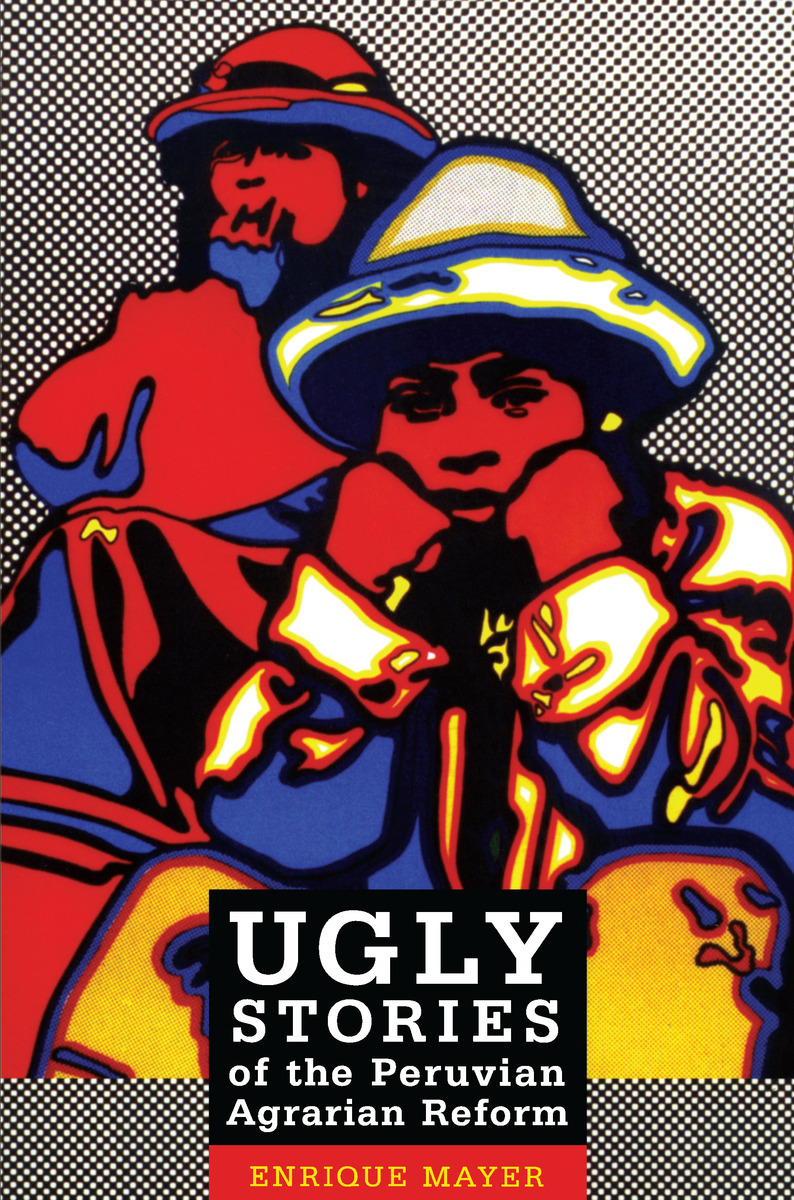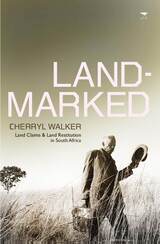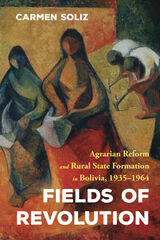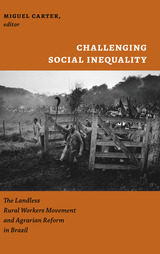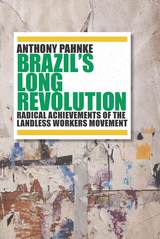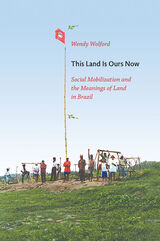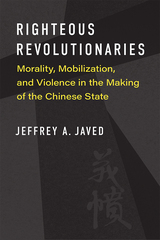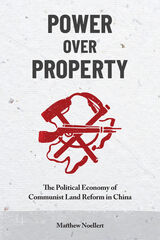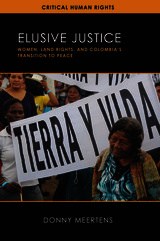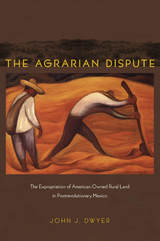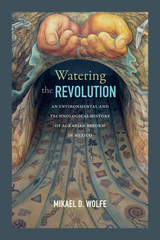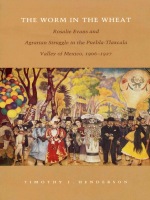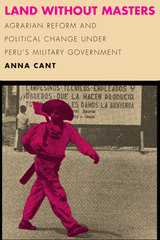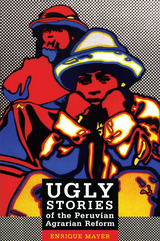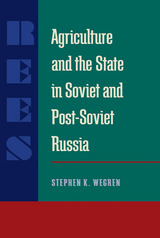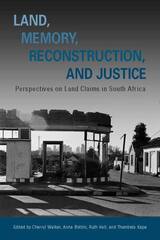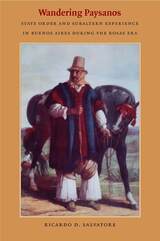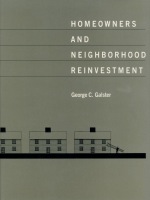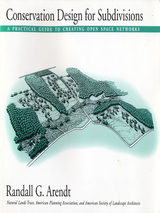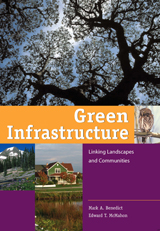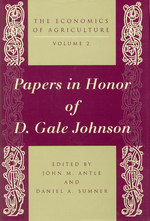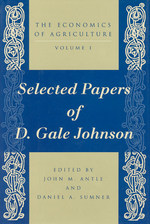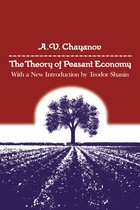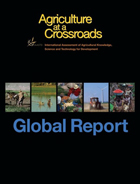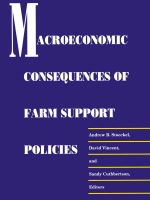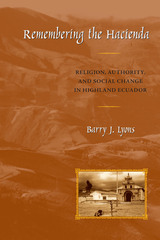Cloth: 978-0-8223-4453-7 | eISBN: 978-0-8223-9071-8 | Paper: 978-0-8223-4469-8
Library of Congress Classification HD1333.P4M38 2009
Dewey Decimal Classification 333.3185
Mayer interviewed ex-landlords, land expropriators, politicians, government bureaucrats, intellectuals, peasant leaders, activists, ranchers, members of farming families, and others. Weaving their impassioned recollections with his own commentary, he offers a series of dramatic narratives, each one centered around a specific instance of land expropriation, collective enterprise, and disillusion. Although the reform began with high hopes, it was quickly complicated by difficulties including corruption, rural and urban unrest, fights over land, and delays in modernization. As he provides insight into how important historical events are remembered, Mayer re-evaluates Peru’s military government (1969–79), its audacious agrarian reform program, and what that reform meant to Peruvians from all walks of life.
See other books on: Land tenure | Mignolo, Walter D. | Peru | Saldívar-Hull, Sonia | Silverblatt, Irene
See other titles from Duke University Press
